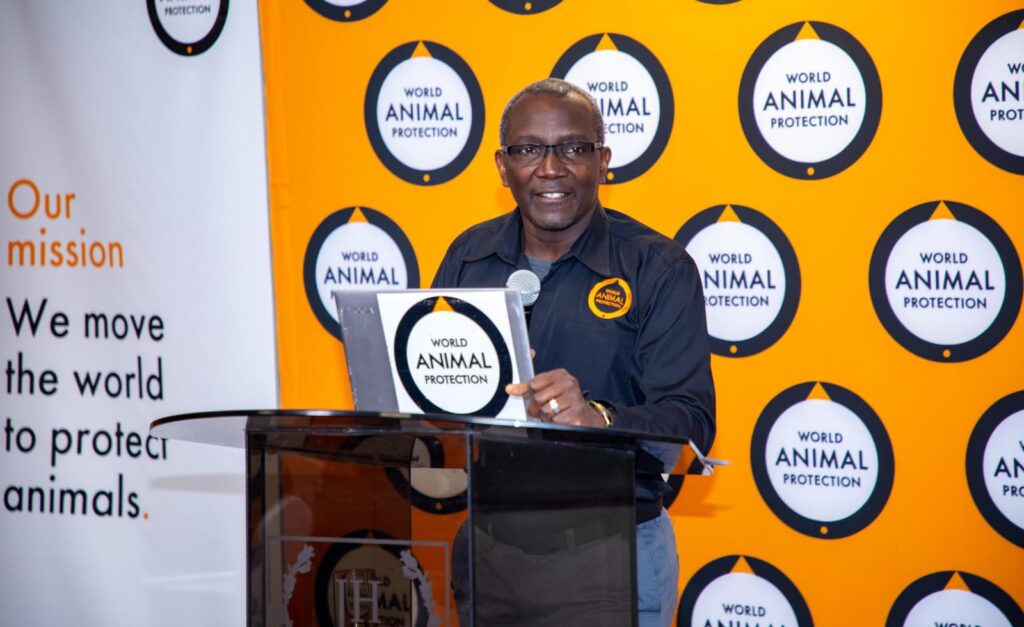
BY WILSON MANDELA
This summit was organized by World Animal Protection has called on the African Governments to promote sustainable and humane animal production systems to promote climate restoration. Dr. Victor Yamo, The Farming Campaigns Manager at World Animal protection said; “The rapid growth of the human population particularly in Africa, coupled with increasing affluence, has led to a surge in demand for animal products. Consequently, intensification of livestock production is gaining popularity to meet this demand.
However, intensive livestock production is associated with significant animal abuse, water and environmental pollution, deforestation, biodiversity loss and increased greenhouse gas emissions, making it an unsustainable method of food production.”
The two-day Protein Summit highlighted the urgent need to mitigate the adverse environmental impacts of intensive livestock production systems and emphasized the importance of preserving traditional, resilient, and humane production systems that support small-scale farmers in the region.In the summit, presenters highlighted numerous negative impacts associated with intensive livestock production systems, including compromised animal welfare, public health concerns, and adverse effects on the environment and climate such as increased greenhouse gas emissions through deforestation for animal feed production and high fertilizer use.
Therefore, the excessive nutrient excretion from overfed animals further contributes to higher emissions. These negative externalities are often overlooked, particularly in developing nations striving to combat poverty and achieve food security.The Summit recognized that Africa’s green house gas emissions are mainly from the Agriculture, Forestry and other land-use change estimated at 65% of the continent’s emissions.
Furthermore, it was further recognized that whilst there is room for the lowest meat consumption countries in Africa to increase rates of meat consumption to meet nutritional needs, embracing intensive livestock production systems will not only endanger food and nutrition security but also the livelihoods of small holder producers while worsening the superbug crisis and the climate crisis.
The meeting agreed to call on African governments to:Acknowledge and regulate the green house gas emissions from animal agriculture and hold agricultural companies with high emissions accountable for their carbon footprint and low regard for animal welfare. Protect small holder livestock producers by empowering them with animal husbandry knowledge and skills while providing them with timely climate information and early warning systems to stay competitive in the market.Redirect subsidies provided to large agribusinesses towards smallholders, who are the backbone in feeding the growing population in Africa.
Increase awareness on alternative protein sources that can be used to meet nutrition requirements while directing resources towards awareness creation to achieve attitude and behaviour change from intensive meat consumption to alternative protein sources.
In conclusion, African governments need to bring stakeholders together to create a policy statement on sustainable agricultural production. All food systems actors must be engaged in a dialogue towards a humane and sustainable food system.
